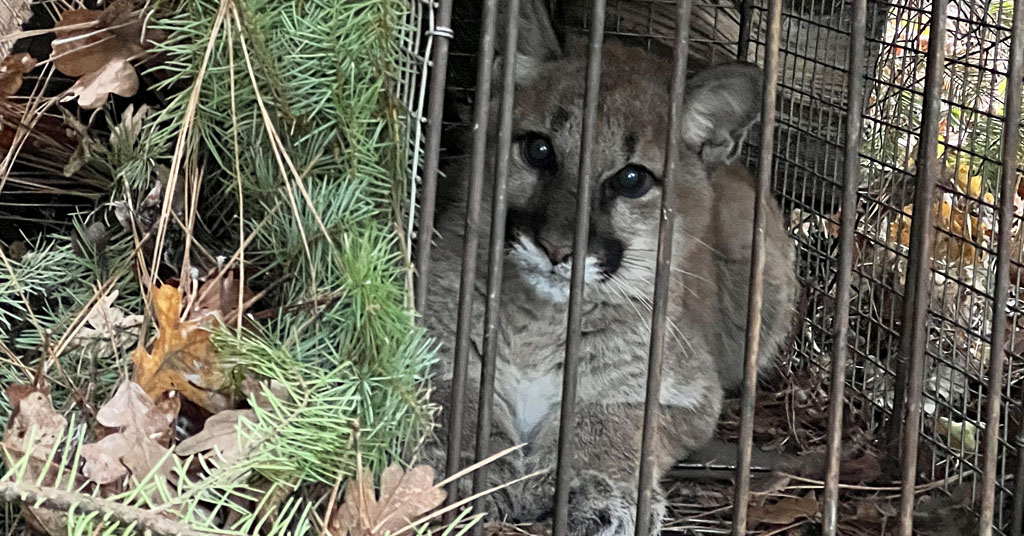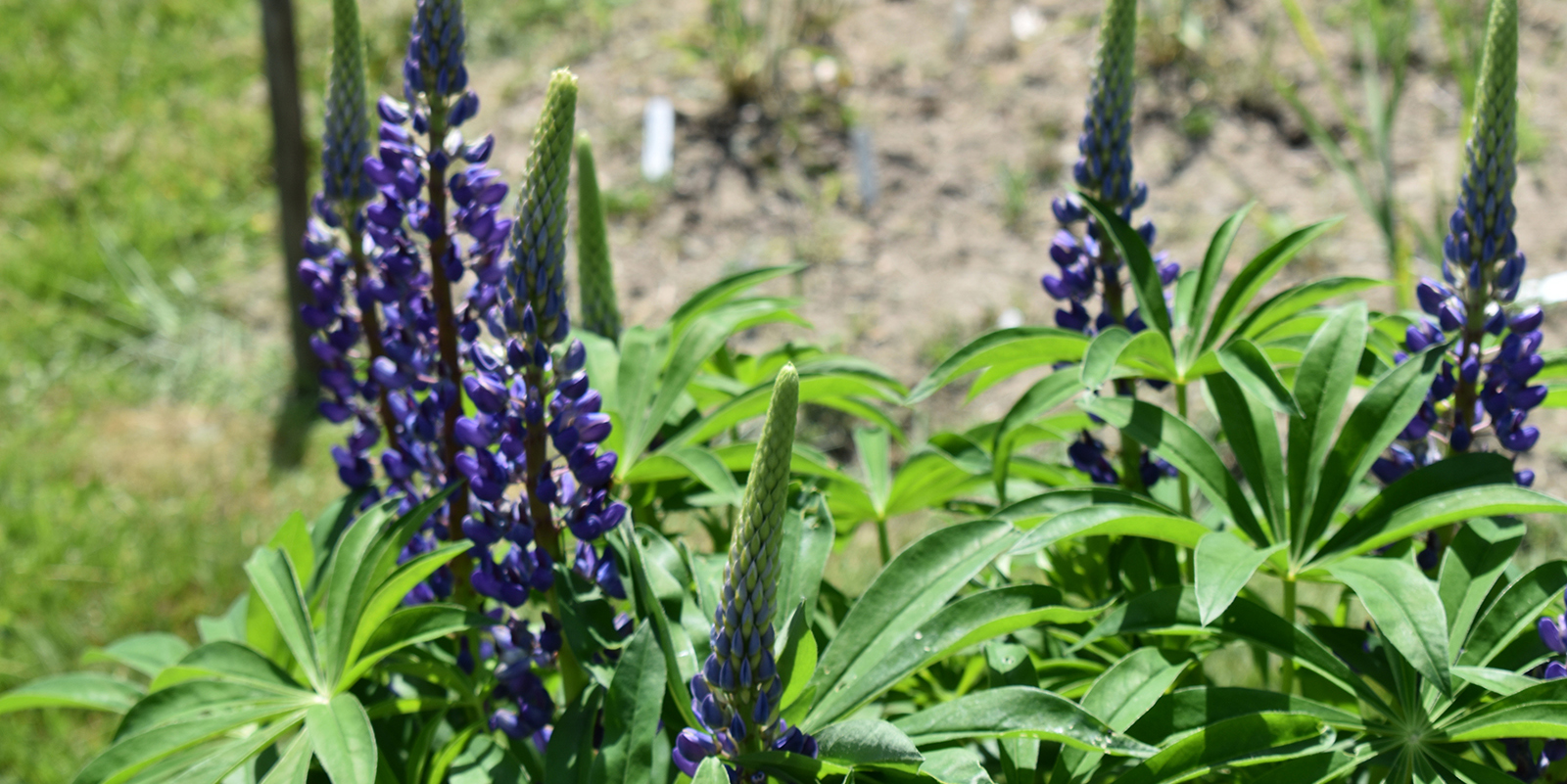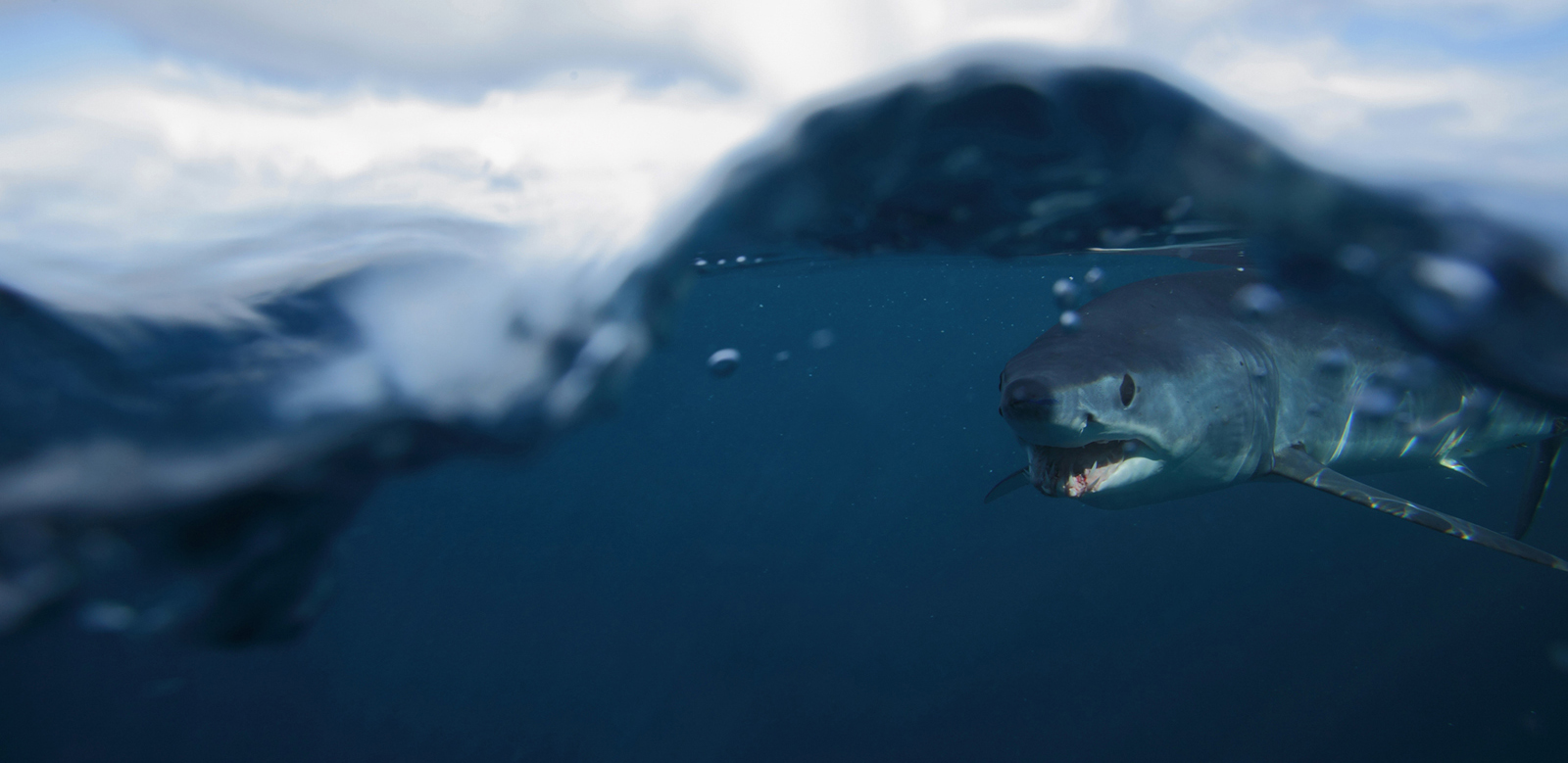Wildlife & Nature
Plight of the Pollinators
July 26, 2017
Is your yard starving our local pollinators? Co-hosts Frank Carini and Nick Boke are joined by Anne Raver of the Rhode Island Wild Plant Society and naturalist Rick Enser to talk about the state of the state’s pollinators and what you can put in your yard, rooftop garden or window box to increase biodiversity and help pollinators.
Subscribe to our monthly podcast on Google Play, iTunes, Overcast and Stitcher
Categories
Join the Discussion
View CommentsRecent Comments
Leave a Reply
Your support keeps our reporters on the environmental beat.
Reader support is at the core of our nonprofit news model. Together, we can keep the environment in the headlines.
We use cookies to improve your experience and deliver personalized content. View Cookie Settings




"Rhode Island is terrible at land use planning." Well said, Frank Carini.
Anyone with a concern about land use planning in Rhode Island at the present moment has their attention fixed on The Battle of the Burrillville Power Plant, the attempt by short-sighted business and labor interests to execute an end-run around the land use planning laws we have had on the books since the 1988 Comprehensive Planning and Land Use Act ushered in the modern era.
The act standardized the local land-use planning process, required that local Comprehensive Plans be regularly reviewed and revised, and stipulated that the local plans be coordinated with the so-called "State Guide Plan."
Overall, the system has worked fairly well, and has in general kept the peace between development interests and those who preserve our key terrestrial assets: our shorelines, our wetlands, our watersheds, and our "Western Reserve," the thick forest we share along our border with Connecticut, stretching north from the suburbs of Westerly to the Massachusetts border in Burrillville.
Or—at the very least—it can be said that no major "wars" over these assists have taken place, such as the ones that characterized the 70’s when several epic battles with energy projects, including two power plants, were fought along the shores of our Bay, and were indeed the genesis of our current land use law and the institutions, public and private, that were founded to uphold it.
But all that is at stake now along the property line of the George Washington-Casimir Pulaski Wildlife Management Area and Park where Invenergy LLC awaits Energy Siting Board approval to build their giant power plant.
Essentially, the problem is this: Neither the State Guide Plan nor the Burrillville Comprehensive Plan envision or permit the building of major industrial facilities in that location, or anywhere else to the south, for that matter, along the whole length of the border forest.
But… Another law of the ’80’s in reaction to the "Battles of the Bay," The Energy Facilities Siting Act of 1986, gives the three member Siting Board the power to override both the Guide Plan and the Town’s plan. The Board’s siting power is "plenary," that is, unlimited. Clearly, this is unacceptable. The precedent that would be set by approval of the Clear River Energy Center on that site would destroy the intent of the Comprehensive Planning Act and influence the future approval of energy projects EVERYWHERE in the state. This fear has been the biggest among all other motives that have spurred 33 Rhode Island towns and municipalities, including Providence, to adopt resolutions protesting the power plant.
In conclusion, I can’t help but observe that not nearly enough attention is being payed to this aspect of the power plant story. While land-use planning was thee trendy subject among "Greens" in the 70’s and 80’s, it is the forgotten sister today. It will be a tragic, tragic irony if this immensely consequential battle is lost because climate change alone so dominates the thinking and activity of its most faithful warriors. I would urge ecori news to beat the underbrush, as it were, and find a town planner, or ex-planner, out there in the Western Reserve who could explain all this in much finer detail for the benefit of all.